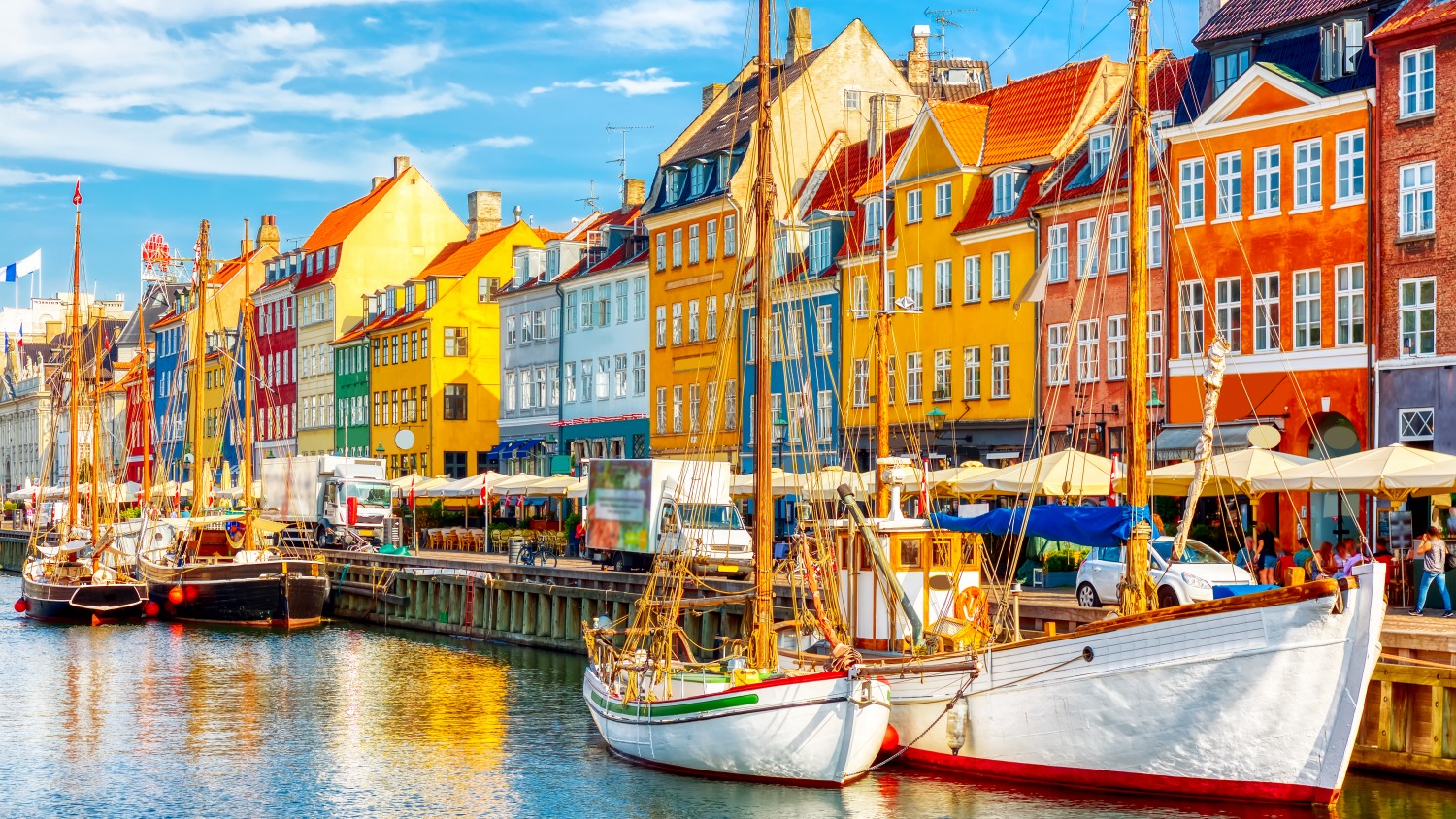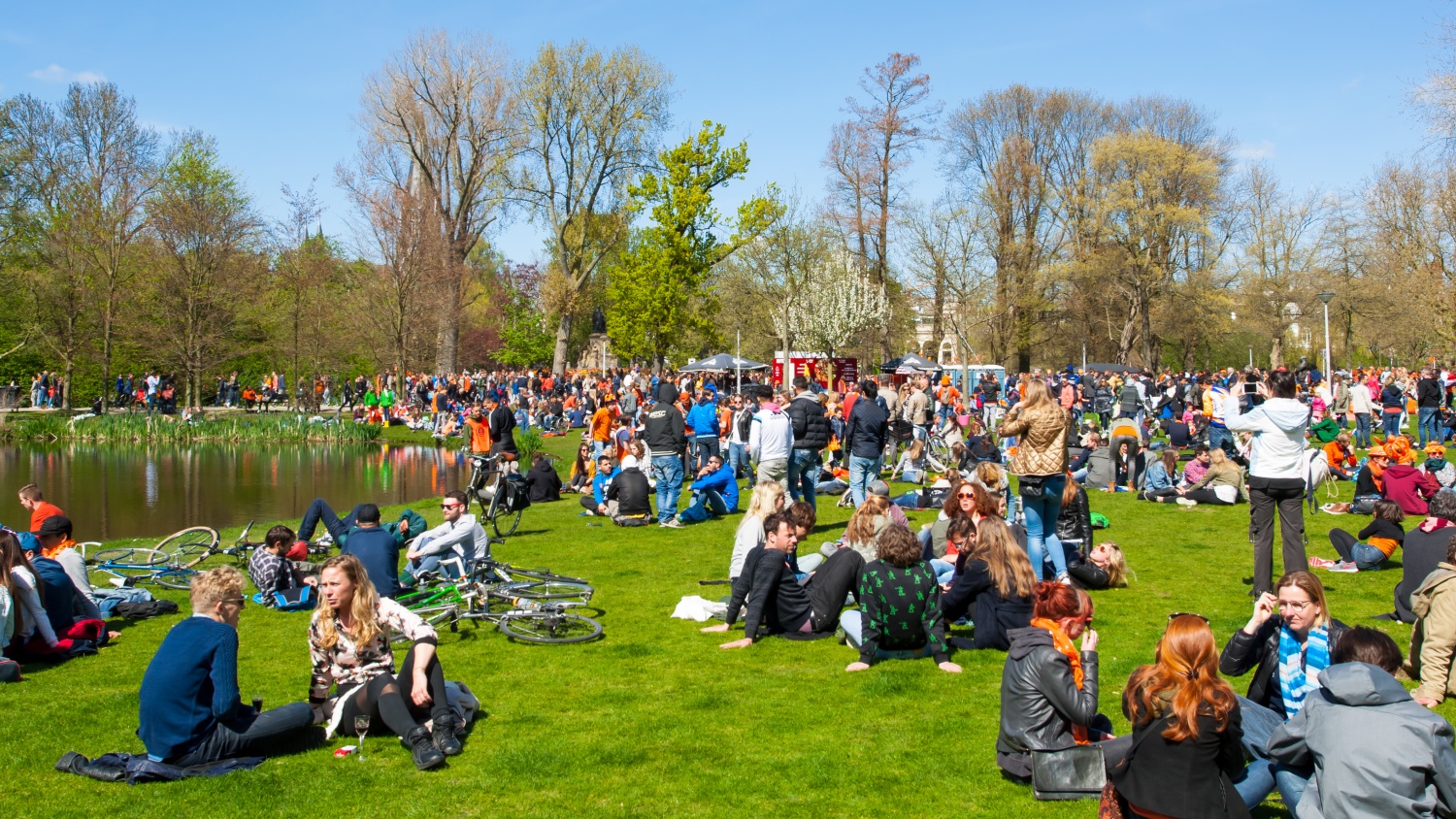What does happiness really mean?
It could be a lot of things — having peace of mind, being surrounded by supportive people, getting a promotion, or going places. The list could go on and on. Realistically though, happiness to most means having a stable source of income, free access to medical care, education, clean water, and sanitary needs, and living without the fear of judgment or violence.
Happiness is a fundamental human goal, as defined by the United Nations when it marked March 20 as the International Day of Happiness. The annual celebration recognizes the “relevance of happiness and well-being as universal goals and aspirations in the lives of human beings around the world and the importance of their recognition in public policy objectives. It also recognized the need for a more inclusive, equitable, and balanced approach to economic growth that promotes sustainable development, poverty eradication, happiness, and the well-being of all peoples.”
To commemorate the International Day of Happiness, the World Happiness Report is published yearly, ranking countries worldwide based on the overall life satisfaction their citizens feel.
The World Happiness Report research leverages six key factors to help explain variation in self-reported levels of happiness across the world: social support, income, health, freedom, generosity, and absence of corruption.

There is a growing consensus that public policies and the actions of society should promote happiness for all. Columbia University professor Jeffrey Sachs said that human well-being should be the ultimate goal of politics and ethics.
“The happiness movement shows that well-being is not a ‘soft’ and ‘vague’ idea but rather focuses on areas of life of critical importance: material conditions, mental and physical wealth, personal virtues, and good citizenship. We must turn this wisdom into practical results to achieve more peace, prosperity, trust, civility – and yes, happiness – in our societies.”
Using the six criteria that profoundly reflect the general levels of happiness or distress of a particular population, the report ranked Finland as the happiest country in the world, for the sixth year in a row, with a score significantly ahead of all other countries.
Vietnam, meanwhile, took 65th place, one spot below neighboring China. The Southeast Asian nation scored 5.76 out of 10. While this year’s ranking shows Vietnam moving more than ten places up, the country still has much to improve. The current troubles in the property market, rising bad debts, high unemployment rate, and widespread corruption — all of which deter happiness — need to be addressed and mended soon.
Here’s a look at the five happiest countries in 2023 — and what Vietnam could learn from them to make Vietnamese people’s lives better and more content.
1. Finland
Score: 7.8/10

It’s hard to argue why Finland has always been on top of the happiness list. The Nordic country scored very well on all six factors. Finland has been “doing things that we wish we’d seen before and we can start doing,” said John Helliwell, one of the authors of the World Happiness Report. Finland is blessed with beautiful landscapes and nature, low crime levels, high standards of living and education, and an overall relaxed lifestyle. Even with six months of winter and darkness, Finns find ways to enjoy life outdoors.
The country also has relatively generous unemployment benefits and nearly free healthcare, Aalto University lecturer Frank Martela told Forbes. These benefits help “mitigate sources of unhappiness, ensuring that there are fewer people in Finland who are highly unsatisfied with their lives.”
Another lecturer from the same university added that Finland’s urban planning also plays a significant role in creating a socially sustainable and connected community. The Finnish culture emphasizes cooperation rather than competition, making it easier for everyone to live harmoniously and extend a helping hand to anyone in distress.
2. Denmark
Score: 7.59/10

Other international surveys rank Denmark as the world’s happiest nation — and it’s easy to see why. Denmark has created a society with high social equality and a strong community spirit. An influential Danish priest once said, “In Denmark, few have too much, and even fewer have too little.”
Danish people have mastered the art of work-life balance. A full-time work week is typically 37 hours for five days. In comparison, an average American worker spends 44 hours a week at work. Full-time employees in Denmark are guaranteed five weeks of paid vacation.
And even when Denmark implements one of the world’s highest taxes, its people are happy to pay to support the common good. Besides support for education, healthcare, and unemployment, Denmark also has a system that prevents corruption in business and public servants.
3. Iceland
Score: 7.53/10

Iceland, a small island nation in the westernmost of Europe, only has less than 400,000 people. Is its small population the reason it’s the third happiest country in the world? Maybe yes.
With fewer people, it’s easier for Iceland to fairly distribute social benefits, thus resulting in a low poverty rate. But that’s not to say Iceland doesn’t suffer from economic distress. In fact, it was hit by a financial crisis in 2008 — the largest in economic history relative to the size of its economy. The crisis led to a severe economic meltdown in 2008–2010 and significant political unrest.
But the country has already risen from the dark times. Today, the country is praised for its buzzing economy, high quality of public education, generous social benefits, sustainability practices, and policies promoting gender equality. About 87% of its citizens have a decent job with a high income and an attractive social package.
Having experienced extreme economic slumps and natural hazards (storms, earthquakes, volcanic eruptions), its citizens are very optimistic. Icelanders live by the philosophy “þetta reddast” which roughly translates to the idea that everything will work out all right in the end — which they’ve continuously proven to be true.
4. Israel
Score: 7.47/10

We often hear the news about territorial disputes and terrorist attacks in Israel, so it’s understandable why seeing it on the top 5 happiest countries list can be confusing to many. The country broke into the top 10 last year, in the same week deaths and injuries were reported from a stabbing incident in Be’er Sheva.
Sociologists and analysts noted that the Jews have their secret to happiness. “Simcha,” in Judaism, results from a conscious decision, not something one finds or stumbles upon. They smile a lot, believing that it fosters the feeling of joy and contentment. Israelis also have a sense of enlightenment rooted in a troubled but rich history. It is maybe the fact that they’ve been through conflict after conflict that they appreciate life.
The people of Israel are also very passionate about their country and collective success. They fiercely believe in their home and are always ready to protect and defend it. This intense patriotism becomes their life’s mission.
A post by the Jewish Herald-Voice read, “When you feel this strongly about your country, and you realize that the purpose of your life is not just to make a living, not just to raise a family, but to one day be potentially called upon to protect and defend the very land on which you live, it strengthens your resolve and gives new meaning to your life.”
5. Netherlands
Score: 7.40/10

Both locals and expats would agree: the Netherlands offers an excellent quality of life. In the latest rankings, the Netherlands had the smallest gap between the most and least happy people, which means citizens experience joy relatively equally. Additionally, children in the Netherlands are the happiest in the world, according to a UNICEF report in 2022.
The country enjoys a slow-paced life, tranquil atmosphere, and romantic architecture that brings a meditative experience to anyone who enters it. But even with a very laidback society, the Dutch are actually considerably open, practical, and liberal. Dutch open mentality toward sex education allows people to plan their family life, which means low rates of teen pregnancy, abortion, and STDs.
The Dutch also have a reputation for valuing diversity and being very inclusive. With thousands of international students enrolling in Dutch universities, all races, all languages, all religions, and all sexual preferences are valued and respected.
This high regard for human rights and fairness also supports the fact that the Netherlands is one of the least corrupt European countries, next to Finland and Denmark. The government initiates programs that make its citizens feel taken care of.
